September / Global
The Agenda: Affairs
Icebreaking in the Arctic, Rwanda’s aviation ambitions and 58 Polish “wolverines”.
shipping –––– the arctic
Frozen assets
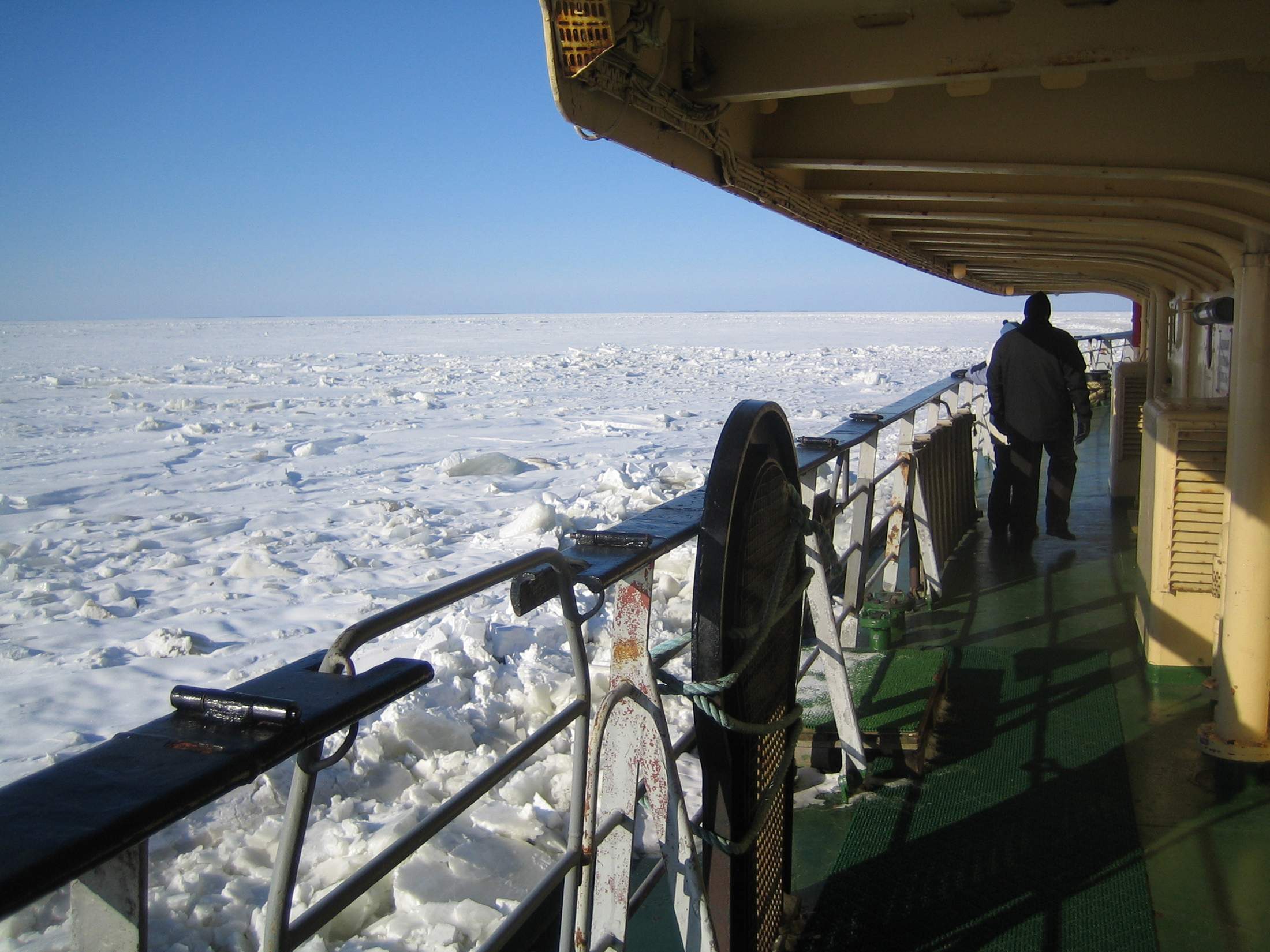
Arctic sea ice might be shrinking but it still inhibits maritime navigation. Seven Nato members have territory in the northern polar region but their icebreaking capabilities lag behind those of Russia and China. The alliance is now trying to close the gap. On the sidelines at July’s Nato summit in Washington, the governments of the US, Finland and Canada signed the Icebreaker Collaboration Effort (or Ice Pact). The three nations agreed to share information, pursue workforce development and encourage allies to buy more icebreakers.
The announcement came at a crucial moment for the US. New vessels to support the Coast Guard’s two ageing diesel- powered icebreakers were supposed to be ready this year but delays and cost overruns have pushed their delivery to 2029 at the earliest. Shipyards in Mississippi are struggling with the task but US law prohibits the purchase of foreign-made vessels.
“We haven’t built a large icebreaker in the US in decades and specialised skills, such as high-end welding, have atrophied,” Rebecca Pincus, director of the Wilson Center Polar Institute, tells monocle. But Finnish shipbuilders could come to the rescue, as the pact clears the way for Helsinki to send some technical assistance. “Finland is the world’s leading design-and-build country for icebreakers,” says Pincus.
As for the third Ice Pact partner? In March, Canada signed a contract with Québec-based shipbuilder Davie, which bought Helsinki shipyard dny Finland Oy in November 2023, for six new icebreakers for the country’s coast guard.
Mid-latitude countries are increasingly showing up at Arctic forums too but the primary beneficiary will be the US, where the pact was signed. “The US is the Arctic ally that’s furthest behind,” says Pincus. “We have the most catching up to do.”
Politics –––– SRI lanka
Q&A
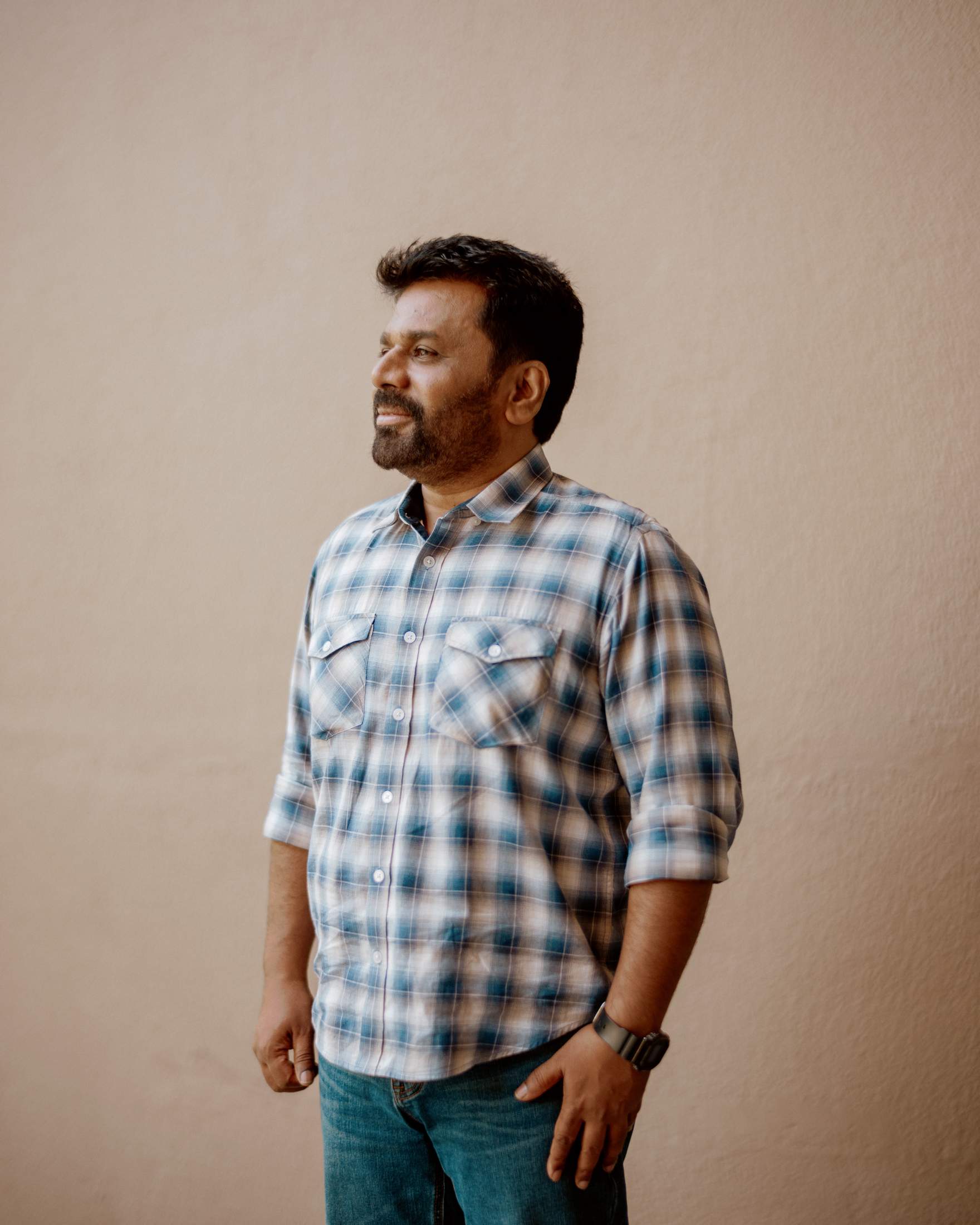
Anura Kumara Dissanayake
MP and p residential candidate
The leader of Sri Lanka’s left-wing National People’s Power (npp) coalition, Anura Kumara Dissanayake, is the frontrunner in the country’s presidential election, which will be held on 21 September. Here, monocle speaks to him in Colombo.
What does the NPP offer Sri Lanka?
Both the main opposition and the ruling party follow the same neoliberal economic model. Today, sadly, we are a bankrupt nation. We have an external debt of €34bn, poverty has increased and the price of essential goods has skyrocketed. Our priority is to save the country from this economic crisis.
What about foreign policy?
There are many power camps within a multipolar system. We won’t be a competitor in that geopolitical fight, nor will we be aligned to any party. We don’t want to be sandwiched, especially between China and India. Both countries are valued friends and, under an npp government, we expect them to become close partners. We also want to maintain relations with the EU, the Middle East and Africa.
You won 3.16 per cent of the vote in 2019. Now you’re polling at about 40 per cent. What has changed?
In the past, people wanted us to be the opposition. Now they want us to run the country. They have realised that the two main parties rule together. Their economic policies and governance structures are the same.
The FOREIGN DESK
andrew mueller on...
Winners and losers
During an election, the focus is normally on what the contenders will do if they win. Nobody pays much attention to the loser because their response is taken for granted: a graceful concession, followed by retirement to write a vindictive memoir, or else a regroup with a view to having another crack at it next time. The 2024 US presidential election, bizarre in many respects, is also unusual in that the loser might end up commanding centre stage – especially if it happens to be Donald Trump.
We have some idea of what he might do. Perhaps, as he did last time, he’ll confect fantasies about a rigged election and have a tantrum. That might not prompt another sacking of the Capitol – the stiff sentences imposed on hundreds of participants in the attempted putsch of 6 January 2021 will hopefully have a deterrent effect.
But a defeated Trump would likely be more desperate than he was back then. By the 2028 presidential election, he will be 82 and possibly in prison. It doesn’t require much imagination to foresee Trump encouraging another attempted coup d’état, especially if the Republicans have sufficient numbers in the House and Senate to delay or refuse the result’s certification (in 2021, 139 Republican congresspeople refused to acknowledge Joe Biden’s victory, as did eight of the party’s senators). Trump could even stage a rival inauguration, sworn in by one of his plants on the Supreme Court (or Hulk Hogan).
It is easier to anticipate a defeated Kamala Harris’s actions. As divided as the Democrats traditionally are, they remain keen on democracy. Even in the event of a cliffhanger like the 2000 presidential election, which came down to just 537 votes out of nearly six million cast in Florida, Harris would accept the result. That would be the Democrats’ short-term response. The longer-term one would need to be to ensure that the US actually has subsequent elections. —
Andrew Mueller is the host of ‘The Foreign Desk’ on Monocle Radio.
aviation –––– rwanda
Aiming for the skies
With hefty financial support from Qatar, Rwanda is hoping to become a new African aviation hub. Qatar Airways (QA) is the majority shareholder in an airport under construction near Kigali, Rwanda’s capital. Expected to open in 2027, it will be QA’s main base in Africa. Betting on the country’s strategic position at the heart of the continent, the airline is also finalising a deal in which it will take a 49 per cent stake in its flag carrier, RwandAir.
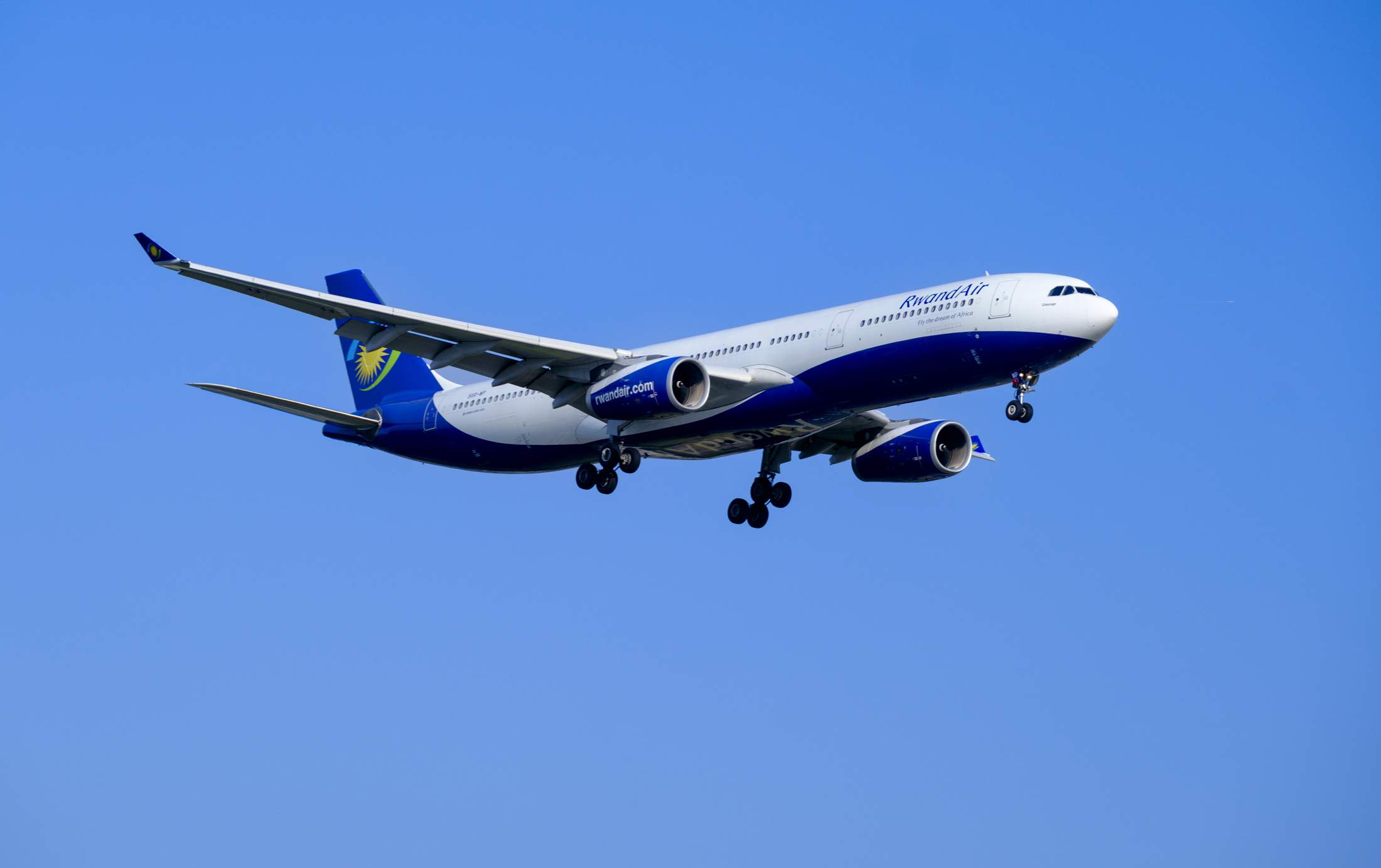
Africa’s population and economy are projected to grow rapidly over the coming decades. Though the continent currently only accounts for about 2 per cent of global air traffic, it is among the world’s fastest- growing aviation markets. According to analysis by Boeing, passenger numbers will more than quadruple in the next 20 years. However, flying from one African capital to another still too often requires at least one layover, usually in the Gulf, Cairo or even Paris.
So far, only Ethiopia’s capital, Addis Ababa, has succeeded in becoming a hub for both passengers and cargo on the continent. A focus on connecting regional destinations and joining Star Alliance, the world’s first and largest airline partnership, have helped Ethiopian Airlines to become one of Africa’s most profitable flag carriers.
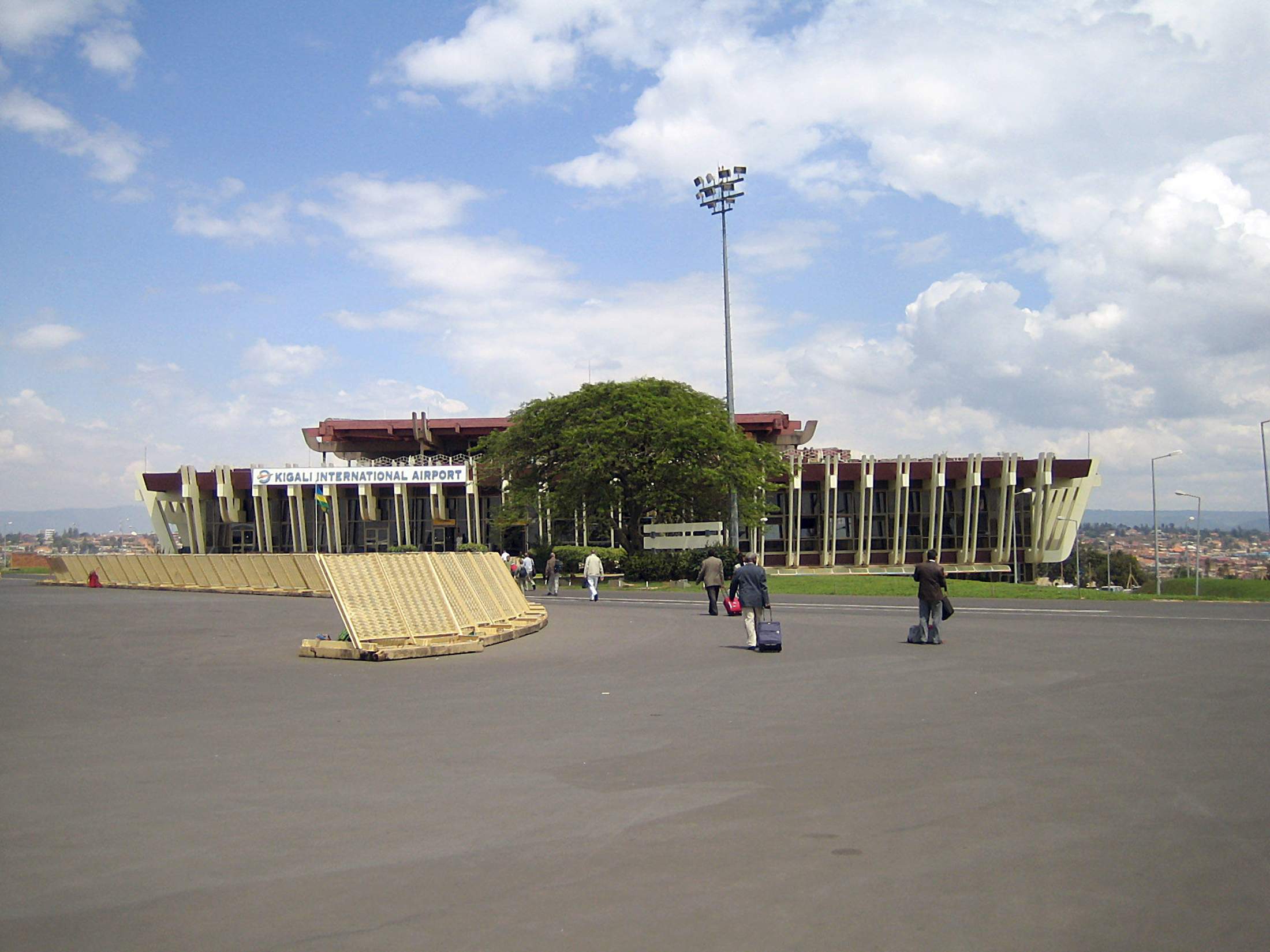
Landlocked Rwanda is now seeking to emulate and even surpass that success by making Kigali a global hub on a par with Doha, Singapore or Atlanta. That would be a major coup for the country’s president, Paul Kagame, who has been trying for years to draw foreign investment to the city with limited success. His aviation plan will depend heavily on attempts to liberalise travel regulations within Africa. Thirty-seven countries are currently signed up to the Single African Air Transport Market, an African Union initiative intended to bring down costs and barriers. If this plan takes off, the sky’s the limit.
Naveena Kottoor is Monocle’s Nairobi correspondent.
IN THE basket
Safety first
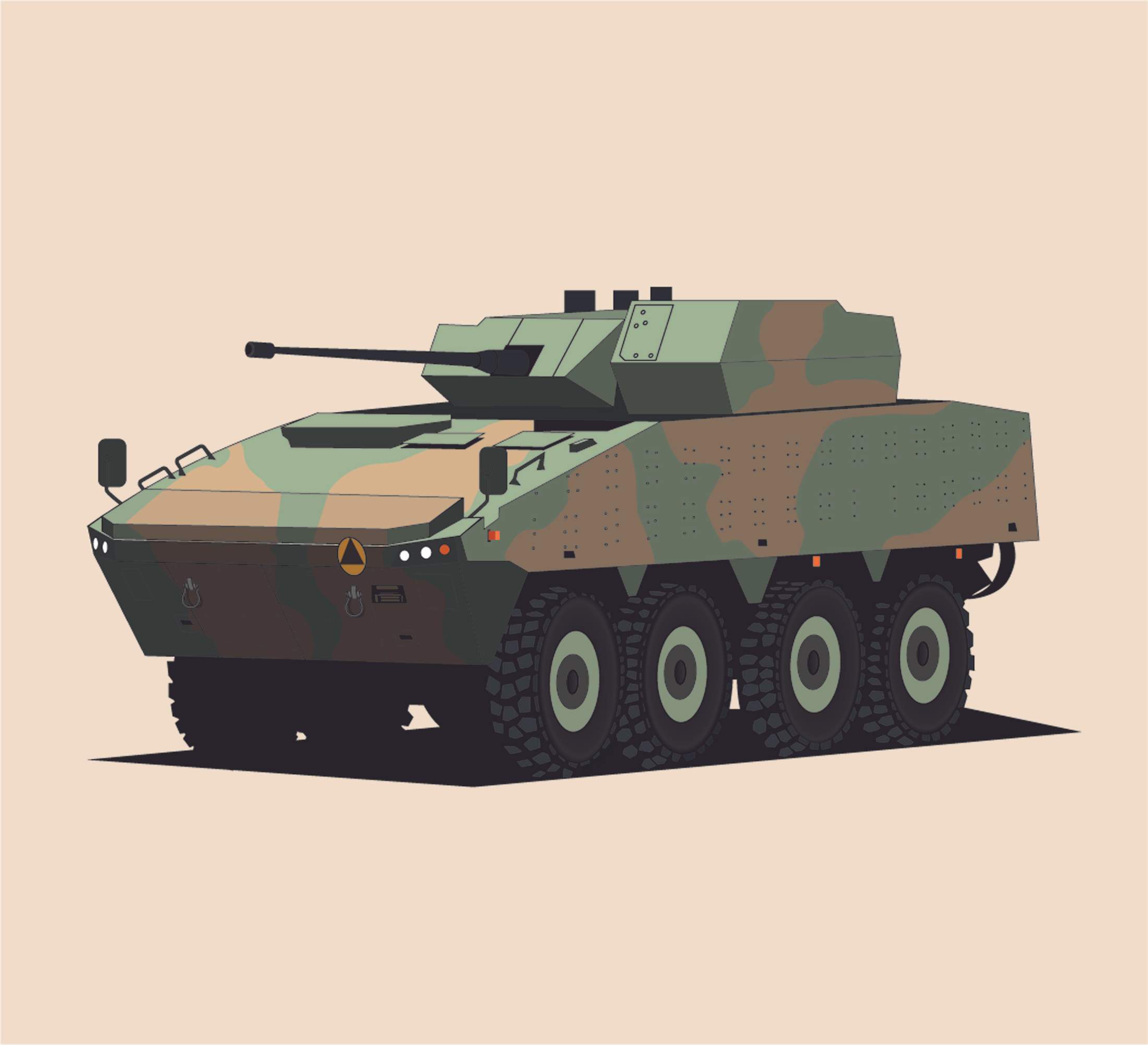
This is a conspicuous vote of confidence in the domestically built Rosomak (whose name means “wolverine”). Poland’s army already fields some 800 of these eight-wheeled vehicles, a variation on the amv built by Finland’s Patria. Rosomaks have carried Polish troops serving in Afghanistan and Ukrainian troops defending Ukraine; Poland has sent 200 of them to its neighbour.
In the basket: 58 Rosomak armoured personnel carriers
Who’s buying: Poland
Who’s selling: Poland
Price: €610m
Delivery date: 2027
The order is part of a vast enlargement of the country’s military. Its Armament Agency has confirmed orders worth €9.4bn in 2024 and Poland expects to spend 5 per cent of its gdp on defence by next year, which would make it Europe’s highest military spender per capita. The Rosomak’s zssw-30 remote-controlled turret might help Warsaw pay for some of this. It has reportedly piqued the interest of South Korea, which has recently become a major supplier of tanks, artillery and aircraft to Poland.
news in brief
Going under
As cities become more crowded and authorities commit to decarbonisation, many are turning to underground trains. Here are three metros that are scheduled for completion in the next few years.
1. Front line
Construction has begun on Ulaanbaatar’s metro, an 18km line that many hope will solve the Mongolian capital’s pollution and mobility issues. With a budget of €1.2bn, it will transport some 17,000 passengers an hour. Completion is slated for 2027.
2. Further afield
The second phase of the Los Angeles Metro’s extension to cities such as La Verne and Pomona is expected to open in January 2025. By 2030, the line will extend to Montclair in San Bernardino County.
3. Home straight
Following the opening of new stations in suburbs such as Crows Nest, Sydney’s Bankstown Line will close for a refit as part of the final stage of the metro’s southwest extension. From next year, commuters should be able to take a train into the cbd every four minutes at rush hour.


